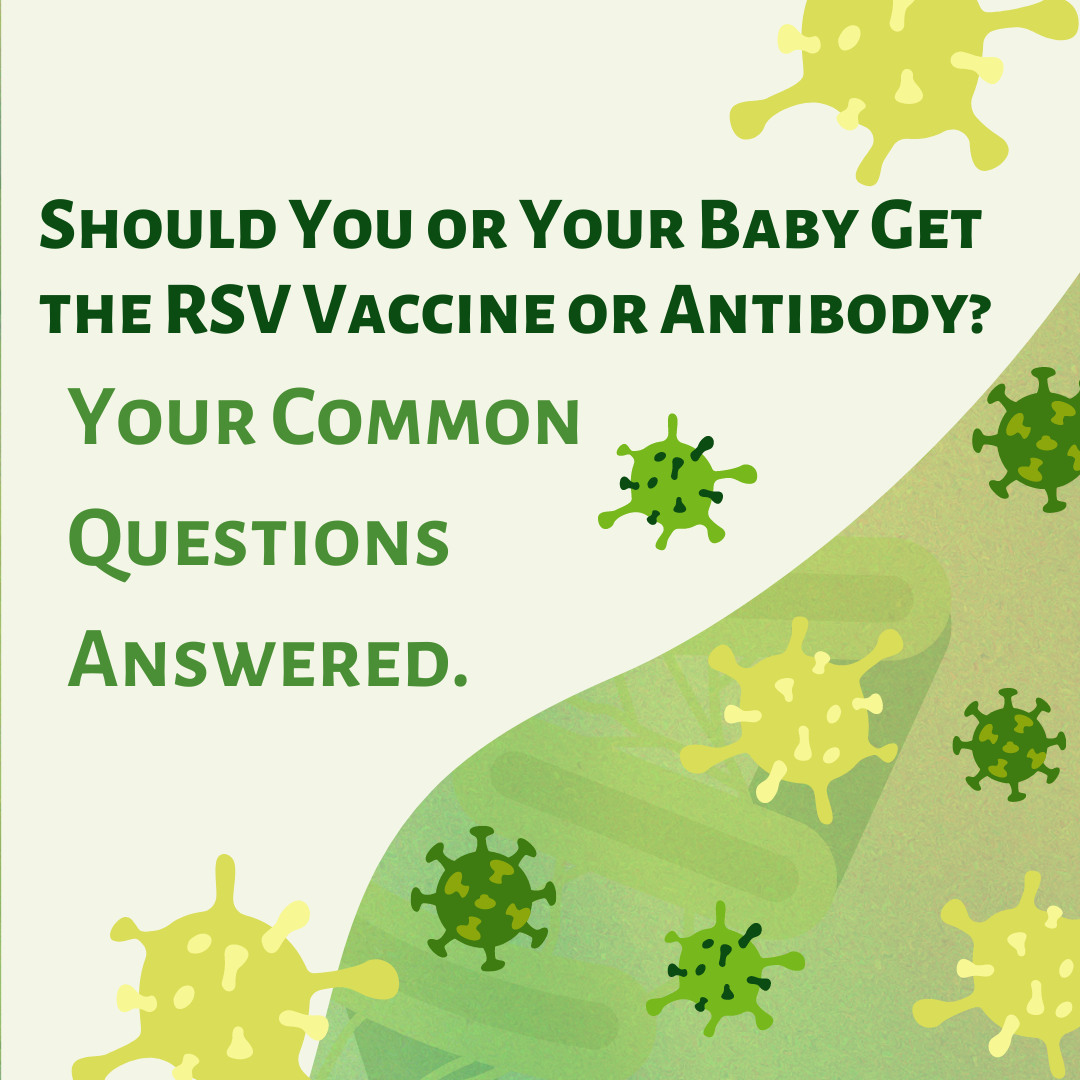
Who should get Abrysvo?
Pregnant people who prefer to receive the RSVpreF (Abrysvo) vaccine should be vaccinated during weeks 32 through 36 of pregnancy. In most of the continental United States, pregnant people should receive RSVpreF (Abrysvo) vaccine from September through January so that their babies are protected against RSV-associated lower respiratory tract infection in the first months of life while RSV is circulating. In jurisdictions with RSV seasonality that differs from most of the continental United States, including Alaska, southern Florida, Guam, Hawaii, Puerto Rico, U.S.-affiliated Pacific Islands, and U.S. Virgin Islands, providers should follow state, local, or territorial guidance on timing of maternal RSVpreF vaccination.
How many doses are given of Abrysvo?
A single 0.5 mL dose of RSVpreF (Abrysvo) vaccine should be administered intramuscularly (preferably deltoid region of the upper arm). Sufficient evidence does not exist at this time to determine the need for additional doses.
Can I get the Abrysvo with other vaccines like the flu or Tdap?
RSVpreF (Abrysvo) vaccine can be administered to pregnant persons with other recommended vaccines, such as tetanus, diphtheria, and pertussis (Tdap), influenza, and COVID-19 vaccines, without regard to timing. This includes simultaneous administration (i.e., same clinic day) or at any interval between vaccine products.
Can the vaccine be given before 32 weeks gestation?
RSVpreF (Abrysvo) vaccine should be administered from 32 weeks 0 days through 36 weeks 6 days of pregnancy. Pregnant people who are less than 32 weeks should not be vaccinated, as the vaccine is not approved for less than 32 weeks because of a potential risk of preterm birth. Pregnant people who are more than 36 weeks 6 days pregnant should not be vaccinated, as it is unlikely there will be enough time for the antibodies to cross the placenta and protect the infant. Instead, their newborn should receive RSV monoclonal antibody, nirsevimab (Beyfortus).
What are common side effects of Abrysvo?
Injection site reactions like pain, redness, or swelling at the injection site that resolves in a few days. Fatigue, headache, and muscle or joint pain that last for 24-48 hours. Less common reactions include fever, chills, and nausea. Rare but other side effects include severe allergic reaction or Guillain-Barré Syndrome (GBS) which is a rare neurological condition that can cause muscle weakness and paralysis.
Who should get Beyfortus?
Nirsevimab (Beyfortus) is recommended for: All infants younger than 8 months of age born during RSV season or entering their first RSV season. Except in rare circumstances, most infants younger than 8 months of age do not need nirsevimab if they were born 14 or more days after their mother got an RSV vaccine. Some children ages 8 through 19 months who are at increased risk of disease and entering their second RSV season. These conditions include preterm infants, chronic lung or heart disease, children with neuromuscular disorders, or children who are immunocompromised.
I heard Beyfortus is not a vaccine. So what is it?
Beyfortus is a monoclonal antibody designed to neutralize RSV by targeting and binding to the virus's F protein, which is essential for the virus to enter and infect cells. By preventing RSV from attaching to and entering cells, Beyfortus blocks the infection and reduces the risk of severe RSV disease, especially in infants and young children.
How many doses are given of Beyfortus?
Beyfortus is administered as a single intramuscular (IM) injection. The dosage is generally 50 mg for most infants.
How long is my child protected if they get Beyfortus?
From clinical trials at least 5 months
Can my baby get Beyfortus with other vaccines?
Yes your baby can get Beyfortus along with other vaccines
What are common side effects of Beyfortus?
Injection site reactions like pain, redness, or swelling at the injection site that resolves in a few days. Fatigue, irritability that lasts for 24-48 hours. Rare but other side effects include allergic reaction or GI symptoms like nausea or vomiting which is a rare neurological condition that can cause muscle weakness and paralysis..
Do I need Abrysvo and does my child need Beyfortus?
To prevent RSV-associated lower-respiratory tract infections in infants, It is recommended to get either
- RSVpreF (Abrysvo) vaccine to the pregnant person
OR
- RSV monoclonal antibody, nirsevimab (Beyfortus) to the infant
There is no preferential recommendation for using RSVpreF (Abrysvo) vaccine during pregnancy or administering RSV monoclonal antibody, nirsevimab (Beyfortus) to the infant after birth. No studies have directly compared the two products. However, both products have been shown to provide significant protection against RSV-associated lower respiratory tract infection in infants entering their first RSV season. Abrysvo may be your choice if your baby has underlying medical issues or will be born premature to provide more protection sooner.
Most infants will not need protection from both products. Infants that may need Beyfortus even if the mother got Avrysvo include high risk infants including being born prematurely, having chronic lung disease, congenital heart disease, or other conditions that increase RSV risk. Another reason could be an extended season and parents desire protection.
Speak to your clinician today on options to get your child protected for RSV.